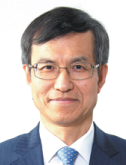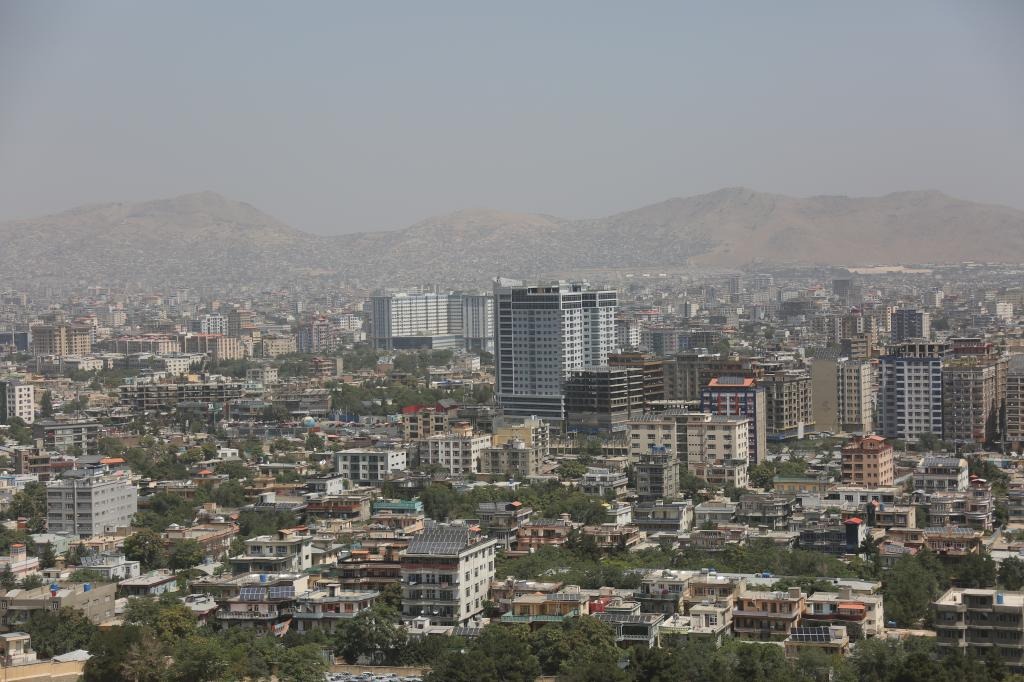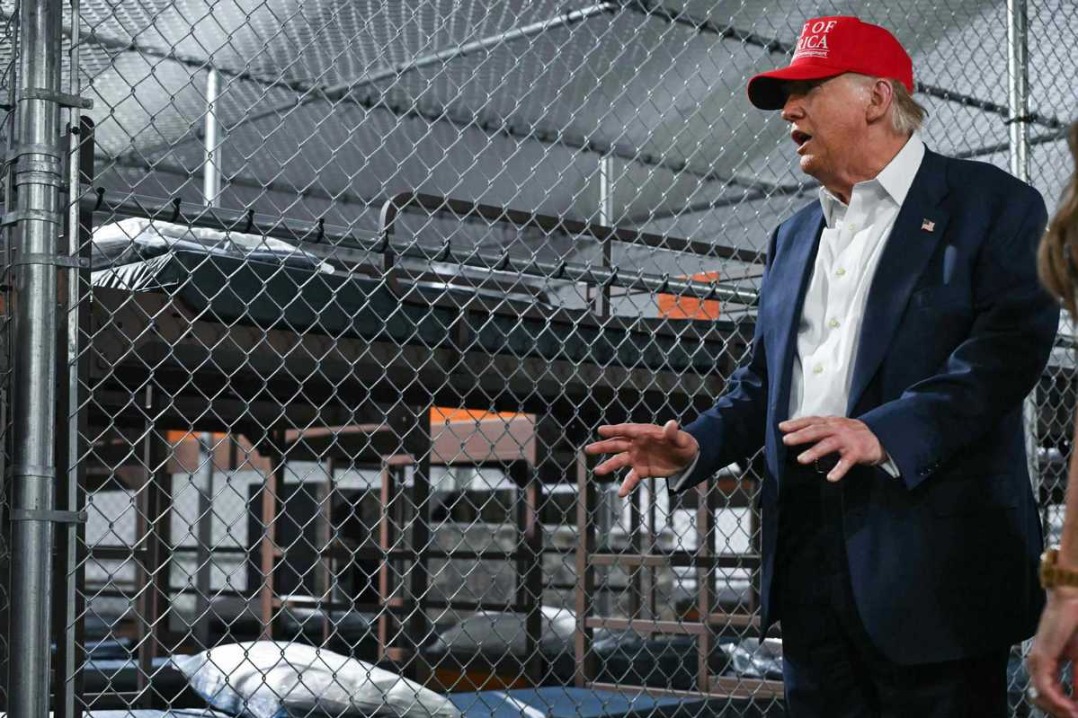Beijing, Tokyo, Seoul engage in close exchanges
Building mutual understanding, trust, expanding cooperation highlighted

As the resumption of the leaders' meeting among China, Japan and South Korea last year has created momentum for renewed exchanges, Secretary-General of the Trilateral Cooperation Secretariat Lee Hee-sup said that more high-level interactions are underway, with a foreign ministers' meeting expected to take place in the near future.

The governments of the three Asian neighbors, with Japan as this year's chair, are maintaining close communication on affairs related to the foreign ministers' meeting as well as a leaders' meeting, and the secretariat is making every effort to ensure the success of the gatherings, Lee told China Daily.
After a gap of more than four years, the 9th Trilateral Summit was held in Seoul last year, during which the three leaders agreed to strive to institutionalize trilateral cooperation by holding the trilateral summit and ministerial meetings on a regular basis.
Since then, various ministerial-level meetings and government mechanisms have been actively operating, and diverse cooperation projects have regained momentum, Lee said.
There are 21 ministerial-level meetings, over 70 intergovernmental mechanisms and more than 100 cooperative projects under trilateral cooperation.
"Trilateral cooperation is now at a turning point where it must shift from quantitative growth to qualitative development," Lee said.
To achieve this qualitative leap forward with new vision and dynamism, it is crucial to build up momentum and potential for cooperation based on mutual trust, he added.
Lee emphasized that chronic differences such as historical issues and territorial disputes, which are difficult to resolve, should be managed prudently rather than rushed for immediate solutions.
The three countries have been operating bilateral mechanisms and carrying out strategic dialogues to address those differences, he said.
More important, he said that the peoples of the three countries must frequently meet face-to-face to build mutual understanding and trust while expanding areas of cooperation.
"This requires deepening people-to-people exchanges and advancing cooperation in practical areas closely related to daily life, such as the environment, disaster management, public health and aging populations," he said, adding that these areas are less affected by political factors and are those in which achievements can steadily be made.
In addition, by investing more positive energy in soft issues such as youth and cultural exchanges and interregional cooperation, the three countries are enhancing mutual understanding and trust among their peoples while steadily working for tangible outcomes, he said.
The three nations agreed in May last year to designate 2025-26 as the China-Japan-South Korea Cultural Exchange Year.
According to Lee, starting with the opening ceremony in April, various trilateral exchange events will be held, including the Culture Cities of East Asia project, the Trilateral Arts Festival and the Trilateral Cultural Content Industry Forum.
"Cultural and people-to-people exchanges among China, Japan and South Korea, based on their cultural commonalities, are essential for sustainable peace and common prosperity," he said.
As the three leaders agreed to maintain discussions on speeding up negotiations for a trilateral free-trade agreement, Lee said the negotiations will not only help identify areas of competition and areas of cooperation, allowing for more efficient collaboration, but also serve as a catalyst for upgrading the Regional Comprehensive Economic Partnership, which forms the foundation for the trilateral FTA.
China has been the largest trading partner of Japan and South Korea for years, while those two nations have been among the top four trading partners of China.
Statistics show that the three countries account for over 20 percent of the world's gross domestic product and over 18 percent of global trade.
Lyu Yaodong, a research fellow at the Chinese Academy of Social Sciences' Institute of Japanese Studies, said that cooperation among the three countries must be future-oriented, and the common interests of the region should be prioritized.
This not only contributes to the well-being of the people of the three nations, but also to regional and global peace, stability and prosperity, he said.

































